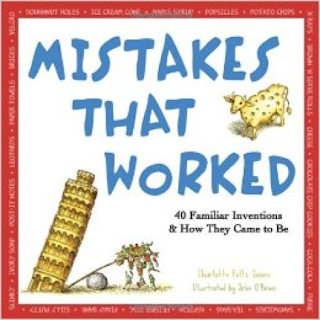We are about to embark on yet another school year and with that comes a new group of students. It is wonderful to meet your class on that first day and to see all of their smiling faces. The first week (the honeymoon phase) most of our students want to show you everything they know and tell you everything about themselves. They want you to know how smart they are. However, could we potentially ruin their entire year by saying the “S” word? Could what we say with the most sincerity damage our students view of themselves? Are we complimenting them or affirming them? What is the difference? According to Merriam-Webster’s online dictionary the definition of a compliment is an expression of esteem, respect, affection, or admiration: an admiring remark. However according to an article from New Age Teacher called A Lesson on the Power of Positive Affirmations affirmations are words you think or say and believe to be true. Does anyone see the difference between the two? Compliments seem to skim the surface and affirmations are deeper and focus on specific traits or action. Affirmations really focus on a student’s individuality and talent. Compliments are just so general.
Why is it important for us to affirm our students rather than compliment them? According to Carol Dweck, “The wrong kind of praise creates self-defeating behavior. The right kind motivates students to learn.” Telling a student they are smart all the time gives them this fixed idea that they are always smart. So what happens when they struggle with something and they all of a sudden they do not feel smart? If we create a classroom where you are considered “smart’ then what happens to the students who are never told they are smart? What happens if they make a mistake? I have been in these situations and have had students who enter the classroom with this idea that they are “smart”. They are so confident until they finally struggle with something and then we have a melt down. I am talking tears, resistance, and extremely low self esteem. It is hard to get a student back after such a catastrophic disappointment. The student then enters the “I’m dumb” zone.
This is why it is important to create that classroom culture
where active struggle is routine, mistakes are embraced, and affirmations are
the norm. According to Carol Dweck, “Classroom affirmations are
used to create a positive and supportive environment by teaching students to be
supportive of one another. Affirmations develop an atmosphere where it is the
norm to acknowledge and affirm positive behaviors, thoughts and actions. Used
consistently, affirmations can change students’ attitudes and their actions.”
“The wrong kind of praise creates self-defeating
behavior. The right kind motivates students to learn.” – Carol Dweck
Students love
being affirmed and love to affirm their peers.
It is a contagious act. So in
order to introduce this idea of affirmations vs compliments in my own classroom
I implemented an affirmation morning.
Everyday while students ate breakfast I would either show an inspirational
video, read them an inspirational quote, or complete a read aloud that focused
on affirmations, growth mindset, or team building. It is so encouraging to hear students affirming
each other and you as the teacher.
As
we begin the school year lets try and compliment less and affirm more. You will be pleasantly surprised how much
this one little thing will change the culture of your classroom.
Read-Alouds
Resources for the Classroom










